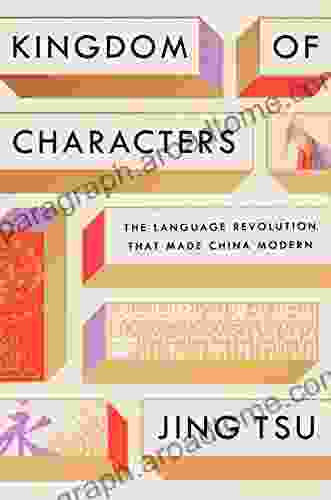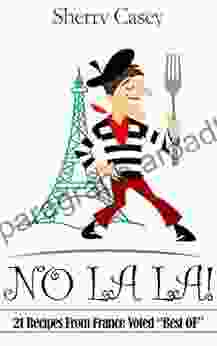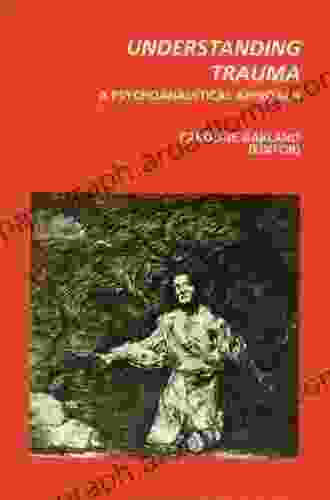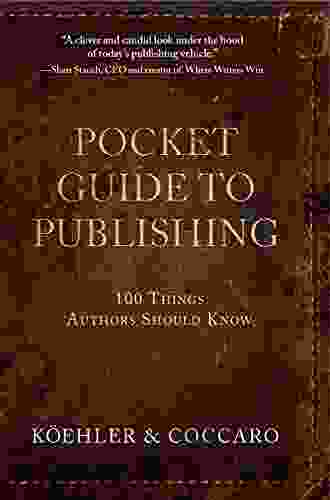The Language Revolution That Made China Modern: A Journey Through the Birth of Mandarin

Imagine a world where China spoke a myriad of mutually unintelligible dialects, hindering communication, hindering national unity, and limiting its global reach. This was the reality of China before the 20th century. However, a remarkable language revolution transformed this linguistic landscape, giving birth to Mandarin, the standardized national language that China speaks today.
The Language Revolution That Made China Modern tells the captivating story of this linguistic transformation. Through meticulous research and vivid storytelling, the book takes us on a captivating journey through the challenges, triumphs, and profound impact of the Mandarin language revolution.
4.5 out of 5
| Language | : | English |
| File size | : | 15126 KB |
| Text-to-Speech | : | Enabled |
| Screen Reader | : | Supported |
| Enhanced typesetting | : | Enabled |
| X-Ray | : | Enabled |
| Word Wise | : | Enabled |
| Print length | : | 336 pages |
The Linguistic Puzzle of China
China is a vast and diverse nation, home to over 500 million speakers of various dialects. Before the 20th century, there was no common language that united this vast population. Communication across regions was often a challenge, with people struggling to understand each other's speech.
This linguistic fragmentation posed significant obstacles to national unity, economic development, and cultural exchange. The need for a standardized national language became increasingly evident as China modernized and sought to engage with the world.
The Birth of Mandarin
In the early 20th century, a group of visionary intellectuals, educators, and political leaders recognized the urgent need for a common language. They proposed adopting a standardized form of Mandarin, based on the Beijing dialect.
This bold proposal sparked intense debates and resistance from proponents of other dialects. However, the need for national unity and modernization ultimately prevailed. In 1913, the Beijing dialect was officially designated as the national language of China.
The Challenges of Standardization
Standardizing Mandarin was a monumental task. The Beijing dialect, chosen as the basis, had to be modified and adapted to make it universally accessible. Educators, linguists, and writers worked tirelessly to develop grammars, dictionaries, textbooks, and teaching materials.
The process of推广普通话(Promoting Mandarin) faced numerous challenges. Regional dialects were deeply ingrained in local cultures and resisted replacement. Illiteracy was widespread, making it difficult to disseminate the new language. Despite these obstacles, the government implemented a comprehensive plan to promote Mandarin through education, media, and public campaigns.
The Triumph of Mandarin
Through sustained efforts, Mandarin gradually gained widespread acceptance. Schools became the primary vehicles for its transmission, with new generations growing up fluent in the national language. The rise of newspapers, radio, and later television further accelerated its adoption.
By the mid-20th century, Mandarin had become the dominant language in education, government, media, and business. It played a crucial role in national integration, economic growth, and China's emergence as a global power.
Mandarin and Chinese Identity
The adoption of Mandarin as the national language had a profound impact on Chinese identity. It fostered a sense of shared culture and history, transcending regional and ethnic boundaries. The ability to communicate in a common language strengthened national unity and pride.
Mandarin also became the primary language of literature, art, and scholarship, shaping the cultural landscape of modern China. Writers, poets, and filmmakers used Mandarin to express their thoughts, emotions, and stories, creating a vibrant and diverse body of cultural works.
Mandarin in the Global Arena
As China's global influence grew, Mandarin gained increasing prominence as an international language. It became the language of diplomacy, business, and cultural exchange. Millions of people worldwide study Mandarin, recognizing its importance for trade, communication, and cultural understanding.
Today, Mandarin is one of the most widely spoken languages in the world. It is the official language of China, Taiwan, Singapore, and the United Nations. Its global reach continues to expand, reflecting China's growing economic and cultural influence.
The Language Revolution That Made China Modern is a captivating and enlightening account of the birth of Mandarin, a language that transformed China's destiny. Through this linguistic journey, we gain a deeper understanding of the power of language in shaping national identity, cultural development, and global interactions.
As the world becomes increasingly interconnected, Mandarin's importance as a global language is likely to continue growing. Understanding the history, challenges, and triumphs of its creation provides valuable insights into the complexities of language, culture, and the human experience.
4.5 out of 5
| Language | : | English |
| File size | : | 15126 KB |
| Text-to-Speech | : | Enabled |
| Screen Reader | : | Supported |
| Enhanced typesetting | : | Enabled |
| X-Ray | : | Enabled |
| Word Wise | : | Enabled |
| Print length | : | 336 pages |
Do you want to contribute by writing guest posts on this blog?
Please contact us and send us a resume of previous articles that you have written.
 Book
Book Novel
Novel Page
Page Chapter
Chapter Text
Text Story
Story Genre
Genre Reader
Reader Library
Library Paperback
Paperback E-book
E-book Magazine
Magazine Newspaper
Newspaper Paragraph
Paragraph Sentence
Sentence Bookmark
Bookmark Shelf
Shelf Glossary
Glossary Bibliography
Bibliography Foreword
Foreword Preface
Preface Synopsis
Synopsis Annotation
Annotation Footnote
Footnote Manuscript
Manuscript Scroll
Scroll Codex
Codex Tome
Tome Bestseller
Bestseller Classics
Classics Library card
Library card Narrative
Narrative Biography
Biography Autobiography
Autobiography Memoir
Memoir Reference
Reference Encyclopedia
Encyclopedia Jennifer Leclaire
Jennifer Leclaire Mario Dehter
Mario Dehter John Briere
John Briere Joanna Ho
Joanna Ho John Lucas
John Lucas Johanne Hildebrandt
Johanne Hildebrandt Lisa Cristal
Lisa Cristal Kimberly Nye
Kimberly Nye Nancy Hamilton
Nancy Hamilton Will Hawkins
Will Hawkins Verna Benner Carson
Verna Benner Carson Joe Kuhn
Joe Kuhn Mark Shepard
Mark Shepard Jessica Seraben
Jessica Seraben Noel Eastwood
Noel Eastwood Vicki Noble
Vicki Noble Mark A Ocegueda
Mark A Ocegueda Sterling Saint James
Sterling Saint James Mary Kay Carson
Mary Kay Carson Jennifer Rose
Jennifer Rose
Light bulbAdvertise smarter! Our strategic ad space ensures maximum exposure. Reserve your spot today!
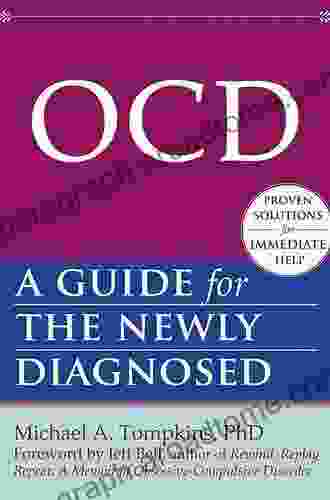
 Ralph EllisonMultiple Sclerosis Guide For The Newly Diagnosed: A Comprehensive Resource...
Ralph EllisonMultiple Sclerosis Guide For The Newly Diagnosed: A Comprehensive Resource... Edgar HayesFollow ·6.3k
Edgar HayesFollow ·6.3k Mark MitchellFollow ·10k
Mark MitchellFollow ·10k Clark BellFollow ·15.1k
Clark BellFollow ·15.1k Ernest HemingwayFollow ·19.4k
Ernest HemingwayFollow ·19.4k Harrison BlairFollow ·9.2k
Harrison BlairFollow ·9.2k Yasushi InoueFollow ·17k
Yasushi InoueFollow ·17k John GreenFollow ·2.9k
John GreenFollow ·2.9k Ike BellFollow ·19.5k
Ike BellFollow ·19.5k

 Julio Cortázar
Julio CortázarAn Illustrated Encyclopedia Of Live Concerts And...
Immerse yourself in the...
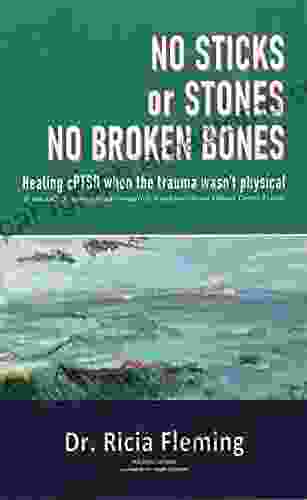
 Edgar Cox
Edgar CoxNon Physically Assaultive Attachment Based Chronic Covert...
What is Covert...
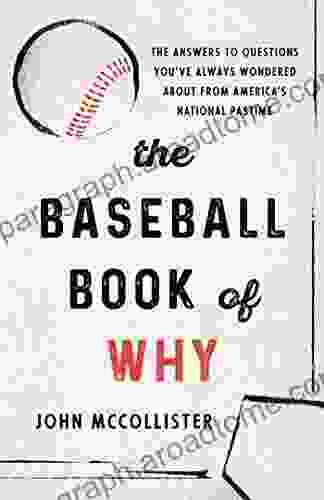
 Robert Reed
Robert ReedThe Baseball of Why: Unraveling the Intricacies of...
Step up to the plate and...
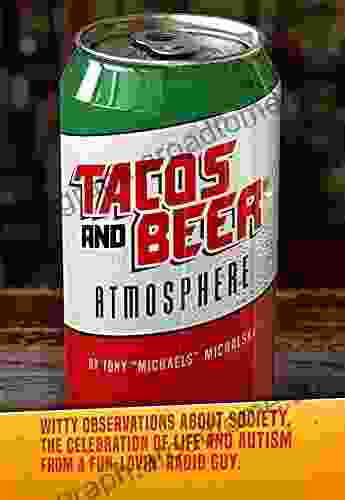
 Aldous Huxley
Aldous HuxleyTacos and Beer: An Atmosphere of Flavorful Delights
In the realm of culinary adventures,...

 Stan Ward
Stan WardUnlock the Secrets of the Aramaic Jesus: Revelations of a...
Journey Back to the Roots of...
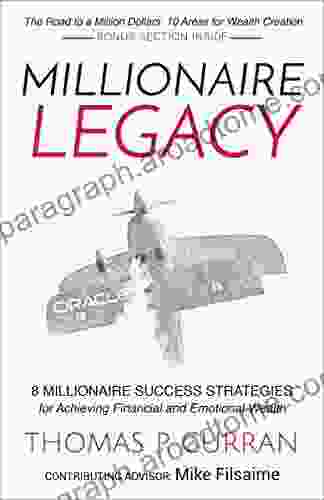
 Vincent Mitchell
Vincent MitchellMillionaire Success Strategies: Your Blueprint for...
Unlock the...
4.5 out of 5
| Language | : | English |
| File size | : | 15126 KB |
| Text-to-Speech | : | Enabled |
| Screen Reader | : | Supported |
| Enhanced typesetting | : | Enabled |
| X-Ray | : | Enabled |
| Word Wise | : | Enabled |
| Print length | : | 336 pages |


